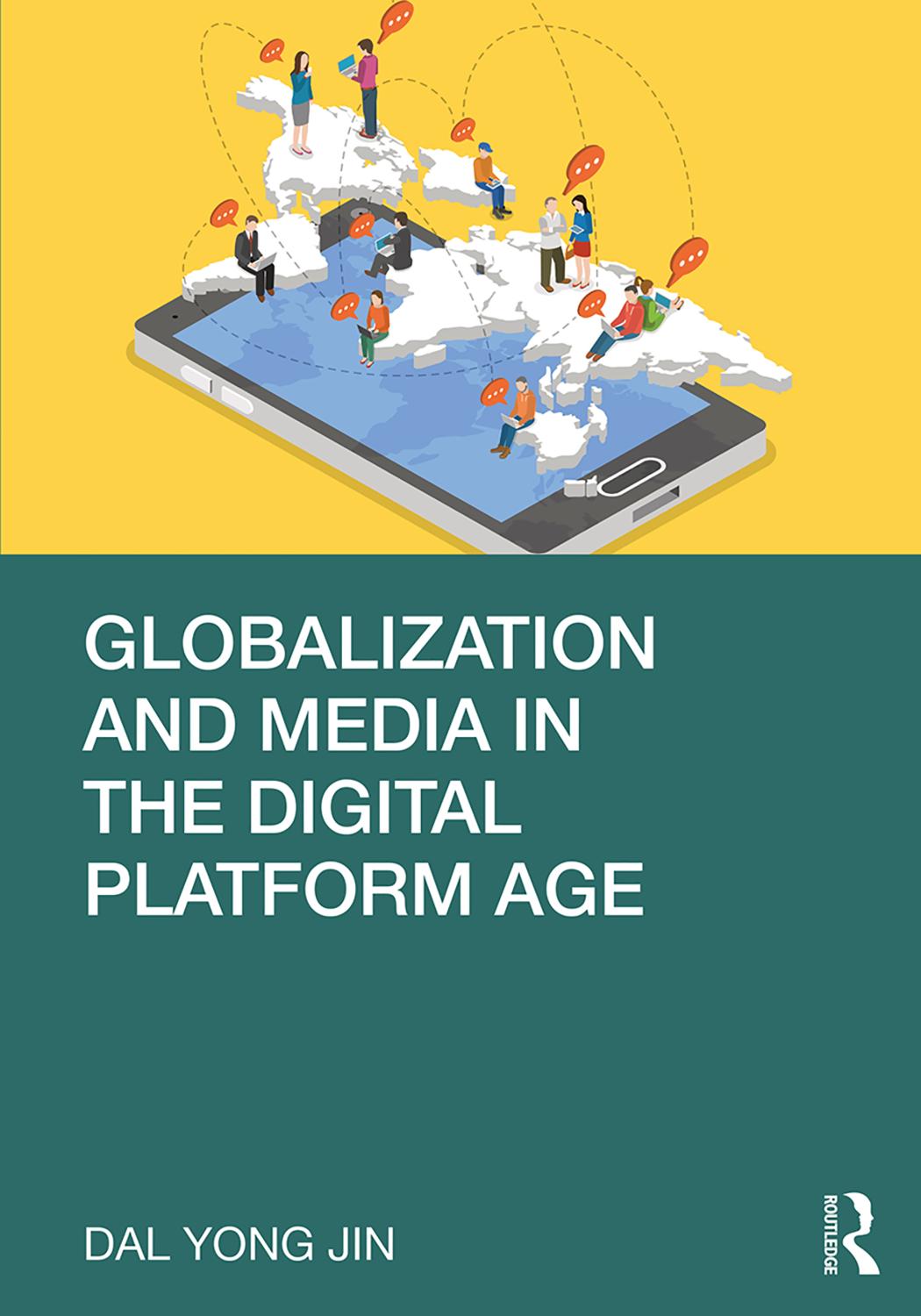

Most ebook files are in PDF format, so you can easily read them using various software such as Foxit Reader or directly on the Google Chrome browser.
Some ebook files are released by publishers in other formats such as .awz, .mobi, .epub, .fb2, etc. You may need to install specific software to read these formats on mobile/PC, such as Calibre.
Please read the tutorial at this link: https://ebookbell.com/faq
We offer FREE conversion to the popular formats you request; however, this may take some time. Therefore, right after payment, please email us, and we will try to provide the service as quickly as possible.
For some exceptional file formats or broken links (if any), please refrain from opening any disputes. Instead, email us first, and we will try to assist within a maximum of 6 hours.
EbookBell Team

4.7
106 reviewsGlobal media expert Dal Yong Jin examines the nexus of globalization, digital media, and contemporary popular culture in this empirically rich, student-friendly book.
Offering an in-depth look at globalization processes, histories, texts, and state policies as they relate to the global media, Jin maps out the increasing role of digital platforms as they have shifted the contours of globalization. Case studies and examples focus on ubiquitous digital platforms, including Facebook, YouTube, and Netflix, in tandem with globalization so that the readers are able to apply diverse theoretical frameworks of globalization in different media milieu. Readers are taught core theoretical concepts which they should apply critically to a broad range of contemporary media policies, practices, movements, and technologies in different geographic regions of the world – North America, Europe, Africa, Latin America, and Asia – with a view to determining how they shape and are shaped by globalization.
End-of-chapter discussion questions prompt further critical thinking and research. Students doing coursework in digital media, global media, international communication, and globalization will find this new textbook to be an essential introduction to how media have influenced a complex set of globalization processes in broad international and comparative contexts.